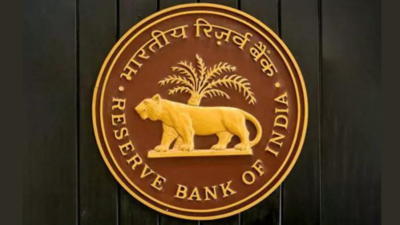Phones cannot be tapped for covert operations aimed at crime detection, rules Madras High Court

Image used for representation
| Photo Credit: iStockphoto
In a significant verdict, the Madras High Court on Wednesday (July 2, 2025) held that the law, as it stands today, does not permit the tapping of telephonic conversations or messages for the purpose of covert operations or secretive situations aimed at the detection of crimes. The court said, the law permits phone-tapping only for limited purposes, such as public emergency or public safety.
Justice N. Anand Venkatesh also observed that phone-tapping, as such, constitutes a violation of the right to privacy of an individual, unless it was justified by a procedure established by law. He quashed an authorisation issued by the Union Ministry of Home Affairs (MHA) in 2011 for tapping the phone of a person involved in a Central Bureau of Investigation (CBI) case.
The judge pointed out that the right to privacy was now an integral part of the right to life and personal liberty guaranteed under Article 21 of the Constitution in view of Supreme Court decisions.
Section 5(2) of the Indian Telegraph Act of 1885 authorises interception of telephones only on two contingencies: on the occurrence of any public emergency or in the interest of public safety.
“These two contingencies are not secretive conditions or situations. Either of these situations would be apparent to a reasonable person as laid down by the Supreme Court in the People’s Union for Civil Liberties (PUCL) case. It is only when the above situations exist, the authority concerned may pass an order directing interception of messages after recording satisfaction if it is necessary or expedient to do so in the interest of sovereignty or integrity of India, security of the State, friendly relations with foreign States, public order or for preventing incitement to the commission of an offence,” the judge wrote.
The judge allowed a 2018 writ petition filed by P. Kishore of Chennai, who had challenged the Home Ministry’s August 12, 2011, authorisation to intercept his telephonic messages and conversations. “In the instant case, the impugned (under challenge) order does not fall either within the ambit of public emergecy or the interest of public safety as explained by the Supreme Court in PUCL case,” he said.
Justice Venkatesh went on to state: “The facts of the case disclose that it was a covert operation or a secretive situation for detection of a crime which would not be apparent to any reasonable person. As the law presently stands, a situation of this nature does not fall within the four corners of Section 5(2) of the Act as expounded by the Supreme Court in PUCL which has been approved by the Constitution Bench of the Supreme Court in K.S. Puttuswamy’s case.”
The judge further said, the officials had also contravened Rule 419A of the Indian Telegraph Rules, 1951, by failing to place the intercepted materials before the review committee within the stipulated time to examine as to whether the interception was made in compliance with Section 5(2). “As a consequence… the impugned order dated August 12, 2011, must necessarily be set aside as unconstitutional and one without jurisdiction,” he added.
Published – July 02, 2025 12:58 pm IST







